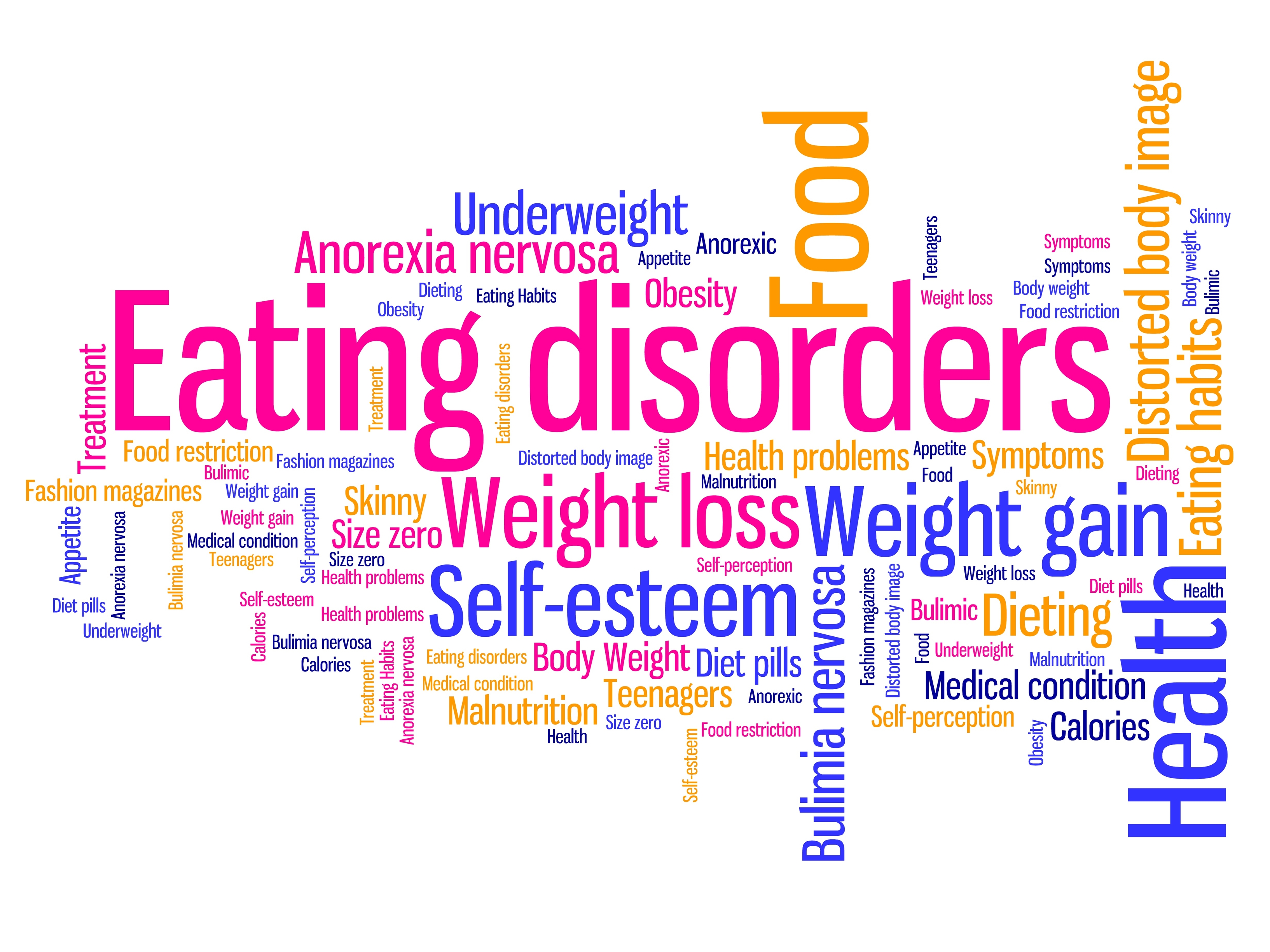To a busy college student, catching a cold can be quite an inconvenience, yet many of us can’t help but fall victim a few times each semester. This should come as no surprise, however, since people catch about one billion colds per year in the US, and more people visit the doctor for the cold than for any other condition.
Part of the efficacy of the common cold, or acute viral rhinitis, can be attributed to the fact that it can be caused by more than 200 viruses. The usual culprits are rhinoviruses, estimated to cause 30 to 50% of colds. Their name comes from the Greek root rhin (“nose”), referring to their tendency to grow inside the nose.
As the name suggests, colds are more common during fall and winter when the weather is cooler. Cold and dry air affects the mucous membranes of the eyes and nose, drying them out such that they offer less protection against pathogens. During the cooler months, people also tend to spend more time indoors, where infectious particles can remain suspended in the air for long periods of time, and consequently, there are more opportunities for viruses to spread from person to person. As students interact with many people indoors and venture out into the cold on a regular basis, it’s no wonder that there are so many incidences of cold catching!
With that in mind, how can you explain that strange predicament where you start to feel sick while you’re studying, but don’t experience the full force of the symptoms until after you’ve taken an exam? You might think that you’ve bested the illness, but in reality, the symptoms might just have been repressed. Cortisol, a hormone released by the kidneys, plays a role in the fight-or-flight response and is released during times of stress. When cortisol levels are elevated for a period of prolonged stress, like when you’re rigorously studying for exams, white blood cell function is impaired, and their production rate decreases. As a result, your body’s defense against pathogens is diminished, and you are more likely to contract a virus. However, cortisol is also an anti-inflammatory hormone. For this reason, you might not experience the symptoms caused by your body’s inflammatory response until after that stressful midterm and your cortisol levels have stabilized.
When it comes to preventing a cold, it is good to know that rhinoviruses can survive up to three hours on inanimate objects and skin. They may also survive longer at colder temperatures. Thus, hand-washing and the use of hand sanitizers are your best bet to prevent the spread of infection if you can’t keep a healthy distance from any newly sniffling friends. A person is most contagious between the second and fourth day of infection, when the amount of viral particles in nasal secretions is highest, which is about 24 hours before the onset of symptoms. He or she remains slightly contagious until about the fifth day after the onset of symptoms.
Taking vitamin C may defend immune cells against free radicals and keep them active, though conclusive research on its effects on the immune system has yet to be released. A study in 2004 found that consuming zinc within 24 hours of the onset of cold symptoms can reduce the duration and severity of symptoms, though taking in more than the recommended 15 to 25 mg per day may suppress the immune system. As far as we know, however, loading up on Emergen-C or vitamin tablets does not reliably ward off or combat infections. When taking dietary supplements, consult a doctor so you don’t overdose on a certain vitamin or mineral.
It would save us many tissue boxes and much physical discomfort if there were a sure-fire way to ward off the cold. An annual vaccine, like the one for the influenza virus, would be ideal, but as each virus carries its own type of antigens, a cold vaccine may only be possible if a method to combine viral antigens is developed. For now, however, it seems that the cold season will continue to grace us with its presence. Despite the inconvenience, it’s comforting to know that the virus will pass and we’re safe to say, “Oh, it’s just a cold!”
Citations
- Common Cold Cause from the National Institute of Allergy and Infectious Diseases <http://www.niaid.nih.gov/topics/commonCold/Pages/cause.aspx>
- Common cold: Treatment and drugs from Mayo Clinic by Mayo Foundation for Medical Education and Research <http://www.mayoclinic.com/health/common-cold/DS00056/DSECTION=treatments-and-drugs>
- Efficacy of Zinc Against Common Cold Viruses: An Overview by D. Hulisz, PharmD from Journal of American Pharmacists Association <http://www.japha.org/article.aspx?articleid=1038771>
- Get Smart: Common Cold and Runny Nose from the Centers for Disease Control and Prevention <http://www.cdc.gov/getsmart/antibiotic-use/uri/colds.html>
- Immune-enhancing role of vitamin C and zinc and effect on clinical conditions by E. S. Wintergerst et al. from PubMed Health by the National Center for Biotechnology Information and the US National Library of Medicine <http://www.ncbi.nlm.nih.gov/m/pubmed/16373990/>
Article by Amelia Jones
Feature Image Source: Reader’s Digest
























